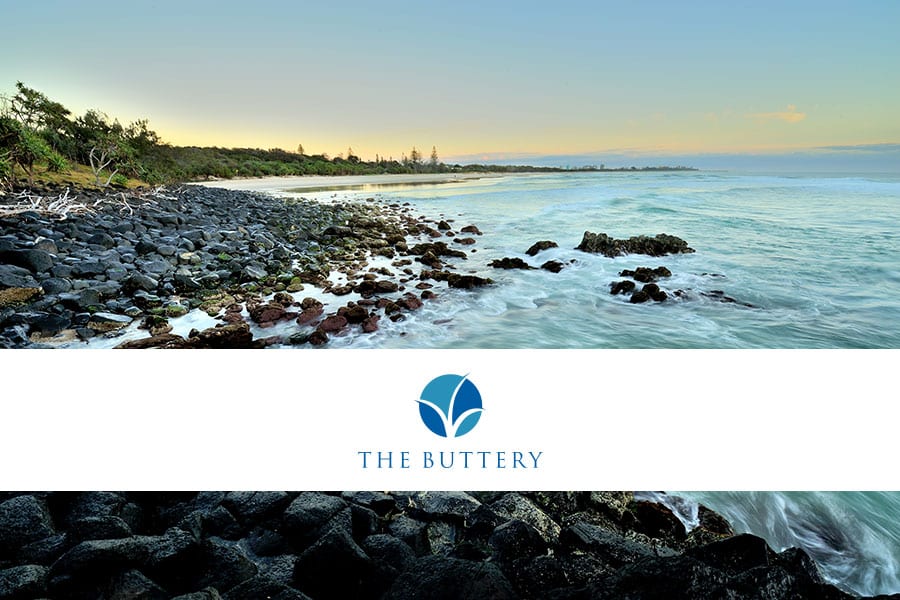The Buttery’s b.well program, funded through North Coast Primary Health Network, operates across the NSW Northern Rivers Region. b.well provides support within the community for people with mental health issues who are concerned about the impact of their use of drugs and alcohol on their well-being.
The philosophy of the b.well team is to instil hope and understanding and to create a sense of belonging for people who identify as having mental health and substance abuse issues.
b.well is free and confidential and people can self-refer to the program. Through b.well people can access a range of services including:
- Psycho education
- Peer support groups
- Individual support
- Activities programs
- Life skills programs
- Early intervention
- Living healthily programs
The b.well service is free and confidential. People of all ages take part. For details of current groups please contact [email protected] or phone (02) 6687 1658.
Now I Believe in Myself: Jonathan’s Story
Now 22, Jonathan is a former b.well client who has started a new life in Melbourne. Recently, he reported that he is happy, employed and has established a new network of friends.
By 21 Jonathan had overcome more challenges than most young men his age. After a childhood dealing with a host of family issues, at 16 he broke his back in a motor bike accident.
“I thought I’d never walk again and have a life of pain.”
After major surgery and rehabilitation, he managed to walk again. However, after the accident Jonathan suffered extreme anxiety.
“I was so anxious I couldn’t even go into a supermarket. I was unsteady around people and depressed.”
It was an unsettling time for him. Although he’d never taken illicit drugs, Jonathan started going to doofs and taking ecstasy and MDMA. Expelled from school, he started delivering pizzas until the pizza shop went bankrupt. Unemployed and aimless he smoked cannabis daily.
“I didn’t want to be lonely so I hung out with people smoking pot all day.”
Jonathan’s life changed dramatically after testing positive for cannabis in a police drug test. He lost his licence and he said his anxiety became even worse. Jonathan started taking part in The Buttery’s b.well program for people who may have substance misuse and mental health issues.
His counsellor Amanda Hewitt has the lived experience of recovery from addiction and of managing her own mental health issues.
“I’d been to a psychologist before and I didn’t relate to him at all with his nice clothes and the way he talked. I came away from the sessions feeling worse. With Amanda it was different. She really understands what its like to feel extremely anxious and to have issues with drugs.”
“Amanda has taught me how to understand the triggers for anxiety and how to practise mindfulness and other techniques. I feel 100% more comfortable in my own body.”
“Amanda taught me how to start my day. She suggested I buy some joggers and start walking for regular exercise. She told me to stop thinking about my troubles, get a routine; go out for a walk and eat healthily.”
“Words can’t describe how good she’s been for me. She makes me believe in myself and gives me practical advice on how to lead a better life.”
Jonathan now has a job he likes and is becoming physically fit. He’s optimistic about his future and is considering further study to become a counsellor so he can help other people.
b.well Coordinator Frances Pidcock said her team of six was very connected and involved people from different walks of life.
“We have 50% lived experience, we have a peer worker, two lived experience counsellors, one with a welfare background and a psychologist, a great skills mix. We generally run our groups with one lived experience person and one without and when we facilitate activities we use peer workers who are volunteers as well.”
b.well activities include walking groups, drumming groups, weaving and art therapy.
b.well has also set up a group for 14 to 16 year old girls at Nimbin Central School. Two workers visit weekly and are available for young people who want to talk about early intervention.
“The transition to womanhood group has been a big success. The girls are encouraged to talk about social media, sexuality, mental health and addiction in a conversational style with support from a welfare worker and a psychologist. It’s going so well the girls don’t want it to end.”
If you think you or someone you know would benefit from b.well, they can call (02) 6687 1658 to find out more.



